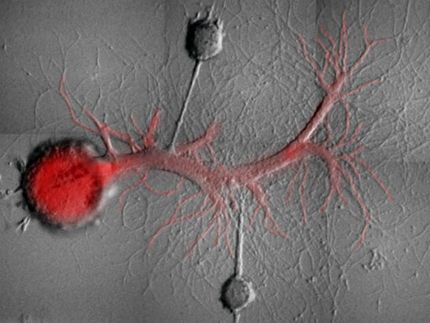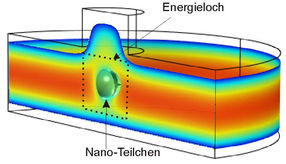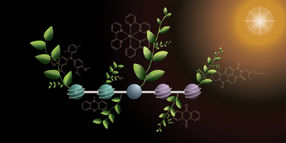Bionomics anti-axiety drug Phase Ib clinical trials deliver successful results
BNC210 significantly reduced panic symptoms and faster than placebo
Advertisement
Bionomics Limited has successfully concluded two Phase Ib clinical trials of BNC210 which is being developed as a new generation treatment for anxiety and depression. The two trials of BNC210 were initiated in France in October 2010 following approval by the French Medical Agency AFSSAPS (Agence Francaise de Securite Sanitaire des Produits de Sante) and the Ethics Committee of the Strasbourg Hospital, CPP (Comité de Protection des Personnes). Both trials were conducted by Forenap Pharma.
The first trial evaluated the effect of BNC210 on panic symptoms induced by pharmacological means in healthy volunteers. Panic attacks were induced by administration of the peptide CCK-4 and the severity of panic symptoms was assessed using the Panic Symptom Scale (PSS). Fifty-nine subjects were enrolled in the trial. Fifteen subjects were classified as having a panic attack upon CCK-4 administration.
BNC210 reduced both the total PSS score (total symptoms) and the intensity of symptoms in subjects when measured 10 minutes after the induction of a panic attack. With BNC210 treatment the number and intensity of symptoms decreased faster than with placebo and this reduction in symptoms was significant (p<0.05 for both the total symptom score and the intensity of symptoms). There was a strong, positive trend on the emotional stability of subjects suffering a panic attack which was associated with BNC210 treatment. BNC210 treated subjects returned to normal emotional status within 10 minutes of the administration of CCK-4 compared to 60 minutes on placebo. This trend correlated with the statistically significant reduction in panic symptoms by BNC210.
The second trial compared BNC210 with Lorazepam (a Valium-like anti-anxiety drug) on measures of attention, memory, co-ordination, addiction and sedation. This trial also compared the effects of BNC210 and Lorazepam on the brain using electro-encephalography (EEG). Twenty-four subjects were enrolled in the trial with twenty-one subjects evaluated.
An important finding was that EEG data showed for the first time BNC210-related changes in human brain activity indicative of efficacy. The changes in brain activity induced by BNC210 were clearly differentiated from those observed following treatment of subjects with Lorazepam, particularly in activity associated with sedation suggesting that BNC210 activity occurs in the absence of sedation.
In addition, the trial results confirmed the lack of debilitating side-effects of BNC210 relative to Lorazepam. While Lorazepam adversely affected attention, co-ordination and memory, BNC210 showed no evidence of these side-effects. Lorazepam also induced sedation as measured by the Karolinska Sleepiness Scale and showed evidence of addiction where treatment with Lorazepam was associated with LSD and phenobarbital/alcohol groups on the Addiction Research Centre Inventory 49 (ARCI49) scoring system. Testing of the same subjects following administration of BNC210 showed no evidence of sedation or indicators of addiction.





























































